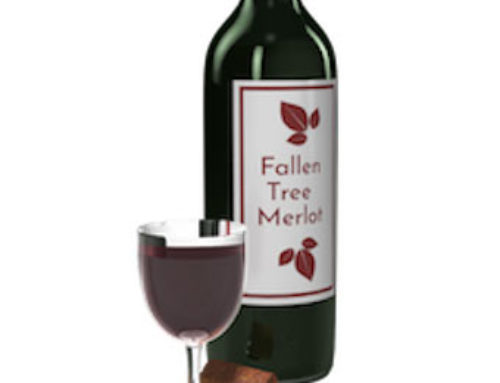 This week I’m going to be writing about grief after death. It helps to understand that each person’s journey through grief is unique. No two people will ever have exactly the same experience. However, there are a few things that are true for every single person who loses someone they love:
This week I’m going to be writing about grief after death. It helps to understand that each person’s journey through grief is unique. No two people will ever have exactly the same experience. However, there are a few things that are true for every single person who loses someone they love:
1. There is no Richter Scale for grief. When someone you love dies, it doesn’t matter whether it’s a spouse, a parent, a sibling, or a child – you will hurt as much as it is humanly possible to hurt.
2. Grief doesn’t pay attention to a calendar. You will not start at Point A and end up at Point B after a certain number of days, weeks, months or even years.
3. It is possible to recover and to create a new life after a loved one dies. It is not selfish, disloyal or inappropriate to laugh, to love and to live fully once again.
In our Caregiver Survival Training program, we provide a three-step process to developing an Attitude of Creative Indifference toward the emotional stress caregiving.
The steps are:
1. Become AWARE of the specific issues that are causing you the greatest amount of stress
2. ACCEPT that you are human and you are coping with situations that are complicated and extremely difficult to manage
3. ACT! Take charge of the things you can change. Release the things over which you have no power, influence, or control.
Today, if you are in emotional pain because you’ve lost someone you love, I would like to encourage you to pick up a pen and notebook or go to your computer. Disengage your emotional monitor and write about your feelings. Don’t be surprised if you are experiencing feelings of anger, resentment and guilt along with feelings of sadness, loneliness and fear. Don’t judge or monitor yourself for any of your feelings. Allow yourself to express on paper whatever you feel in your heart. That’s the first step. Come back tomorrow and we’ll talk about what to do with your feelings once you’ve identified them.




